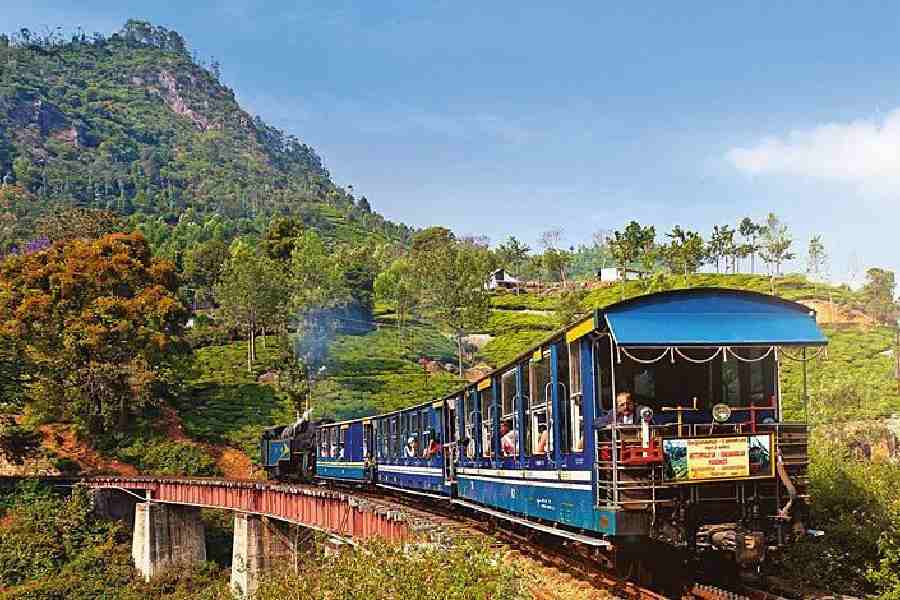Patna: The bugle has been sounded for the Rajya Sabha elections in which 59 seats are at stake across 17 states.
Six of them are up for grabs in Bihar, pitting the ruling National Democratic Alliance (NDA) and the Opposition Grand Alliance against each other and their constituents among themselves.
Though Bihar is already in the poll mode with the by-elections to the Araria Lok Sabha constituency and the Jehanabad and the Bhabua Assembly seats scheduled on March 11, the poll fever will now continue till March 23, the day the voting for the six Rajya Sabha seats is scheduled.
Of the six seats, two are represented by Union ministers Ravi Shankar Prasad and Dharmendra Pradhan belonging to the BJP, while three others - Mahendra Prasad a.k.a. King Mahendra, Bashishtha Narayan Singh and Anil Kumar Sahni are from the JDU of chief minister Nitish Kumar.
One seat is vacant after JDU MP Ali Anwar rebelled and was disqualified from the Upper House of Parliament.
Political experts and senior leaders are pointing that the polls will be interesting, as they will not only be a contest between the NDA and the Grand Alliance of the RJD and the Congress, but also a power play among the constituents of the two alliances as they bargain for seats. "One thing is clear. The JDU's strength will dip, as it won't be able to retain the four seats that belonged to it. On the other hand, the RJD's strength will increase. Everything else is fluid at present," a senior JDU leader told The Telegraph.
The prediction stems from the fact that votes of 41 MLA are needed to win each of the Rajya Sabha seats, as the total strength of Bihar Assembly is 240 at present. It may go up to 242 after the current bypolls to two Assembly seats, but the criteria will remain the same.
The formula to decide the number of votes needed to win is "total number of votes (each MLA has one vote which he can cast just once) divided by number of Rajya Sabha seats being contested plus 1.
Going by the numerical strength of the parties, the RJD is the single-largest one with 79 MLAs and will easily garner two Rajya Sabha seats by getting support of just two MLAs from the Congress, which has 27 legislators in the Assembly. CPI(ML) has three members in the Assembly and it is expected to throw its lot with the Grand Alliance.
The JDU with 70 MLAs will need support of 12 legislators from NDA parties (including the BJP) to bag two seats in the Rajya Sabha. On the other hand, the BJP with 52 MLAs can get through one of its flock to the Rajya Sabha and also fulfil Nitish's need of a dozen more to get two seats.
Though the anti-defection law doesn't apply in the Rajya Sabha elections, political parties can issue whips to keep their legislators under control or put a tinge of fear of disciplinary action if they stray from the stable.
In the above scenario, the contest in the Rajya Sabha bypolls will boil down to just one seat. The Congress has 27 MLAs and it will press to get one representation in the Rajya Sabha. However, how it will manage to get votes will be a big question. A large chunk of disgruntled Congress MLAs, almost over 20 in strength, may cross-vote in favour of an NDA candidate and may add strength to the nine legislators of NDA allies such as the LJP, the HAMS and the RLSP. But they will still fall short of 41 needed to win the seat.
"The Lok Sabha and the Assembly bypolls are going to influence the Rajya Sabha polls. If we win them, we would be able to keep their flock together. If we lose them, there could be cross voting from our parties, especially in the situation in which RJD's main leader and enforcer Lalu Prasad is in jail," a senior leader of Grand Alliance said.
Asked about the JDU's expected loss of strength in the Rajya Sabha, its spokesperson and MLC Neeraj Kumar said: "Our senior leaders will take a call about all aspects of the Rajya Sabha polls and how many candidates to field. Our party does politics with a difference and emphasises on having untainted candidates. This will be upheld in the forthcoming polls too."










